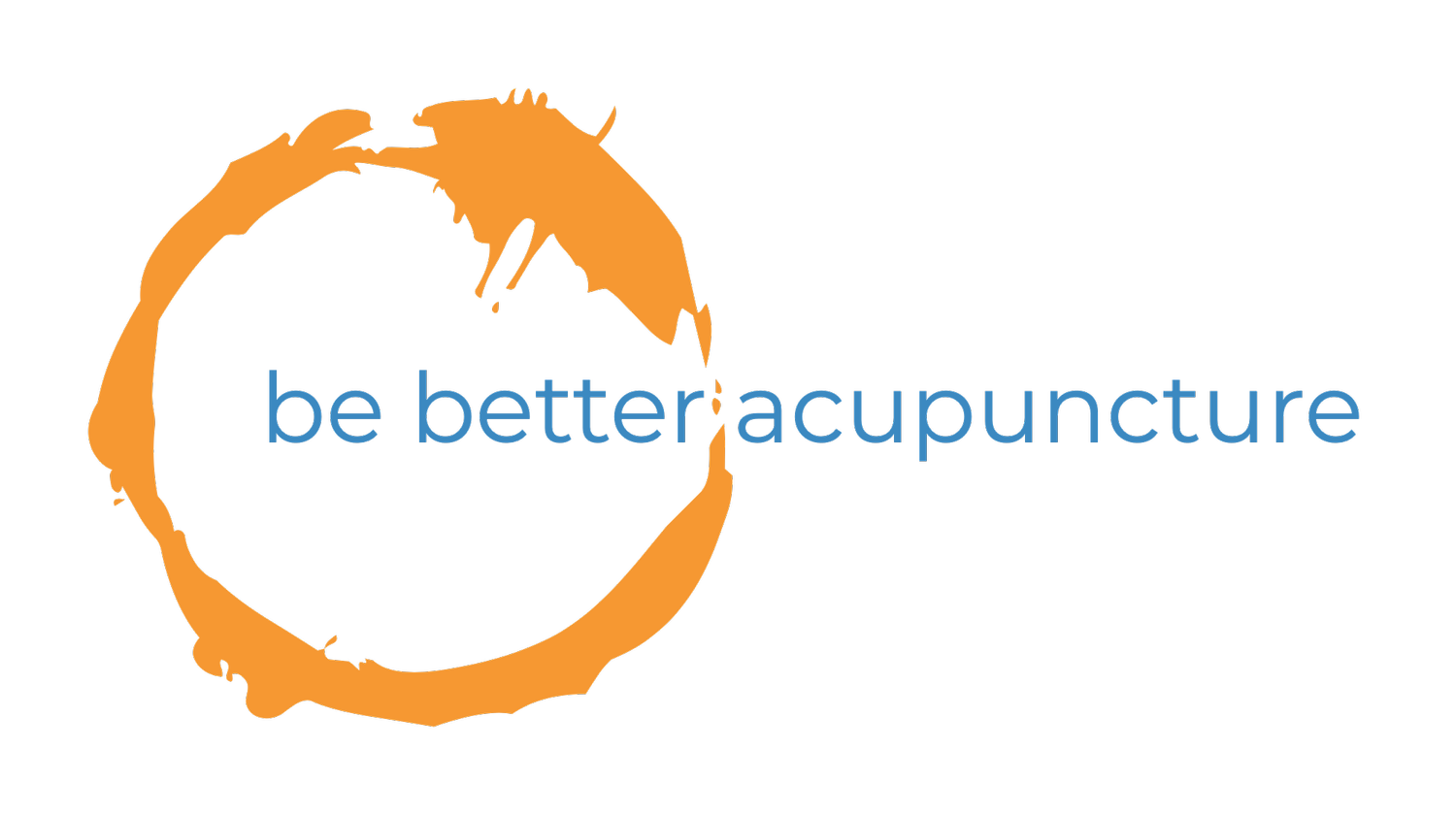Autism, The Perplexing Diagnosis And What To Do About It
One of the more alarming health concerns in recent years is the incidence of autism and spectrum disorders. A decade ago, the numbers of estimated cases was about 1 in about 100 children, but more recent analysis suggests that 1 in 45 is probably a closer approximation to the actual number of cases, since the umbrella of spectrum disorders is wide. This unprecedented evolution may be due to more diagnoses and parental reportage of their children’s symptoms, or it could just be part of a larger problem of contributing factors, which are largely unknown. Among the hypotheses are older paternal age, hypoxia at birth, more frequent ultrasounds in mothers who are considered high-risk pregnancies, chemical or wireless technology that may disrupt genetic coding, or exposure to certain viruses or bacteria, but the consensus is that no one is certain what causes autism.
Treatment generally involves a multi-disciplinary approach, including occupational and speech therapies, and Applied Behavioral Analysis (ABA) therapy. The intensity must be a daily, focused routine to encourage the child to adapt and emerge from within their internal retreat.
Traditional Chinese Medicine (TCM) is often one of the therapies parents will seek out in the treatment of autism, since there are other symptomatic problems that those therapies do not address. TCM excels in moderating issues related to gastrointestinal disorders, sleep disorders, sensory processing disorders (SPD) or ADHD-type behaviors. Once these quality of life disrupters are calmed and quieted, a child can have better success in responding to their other therapies, and thrive.
If you are curious about how Chinese medicine can help, I encourage you to contact me.
